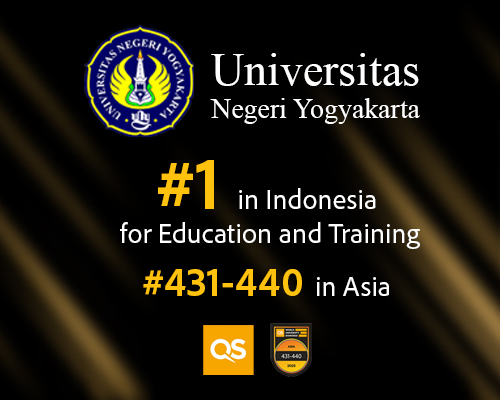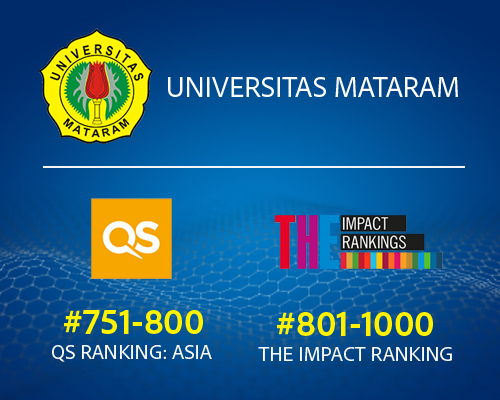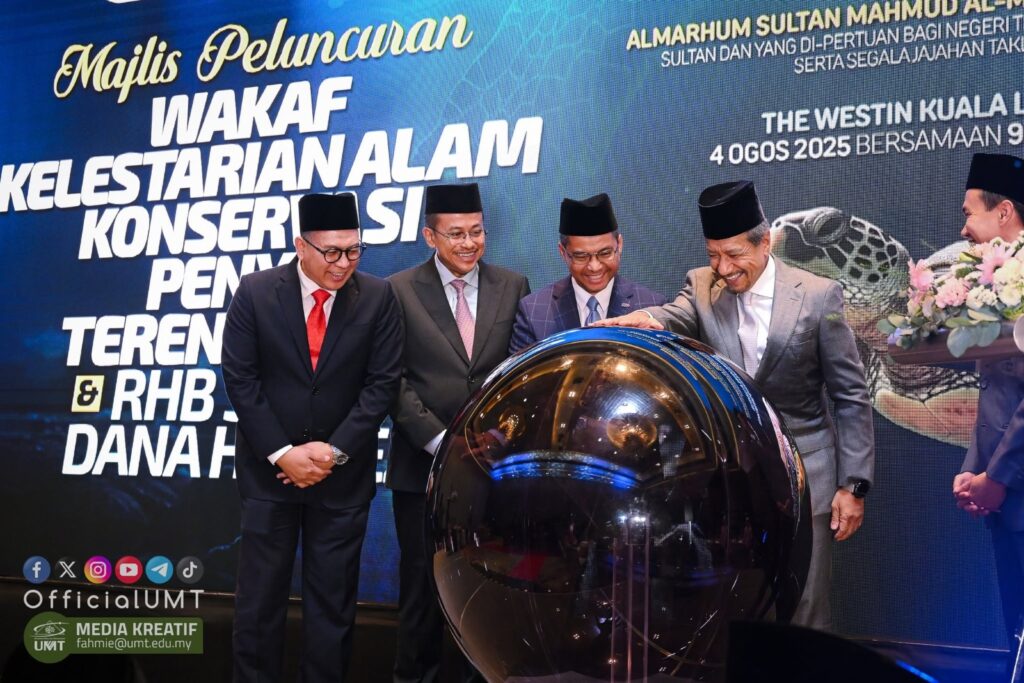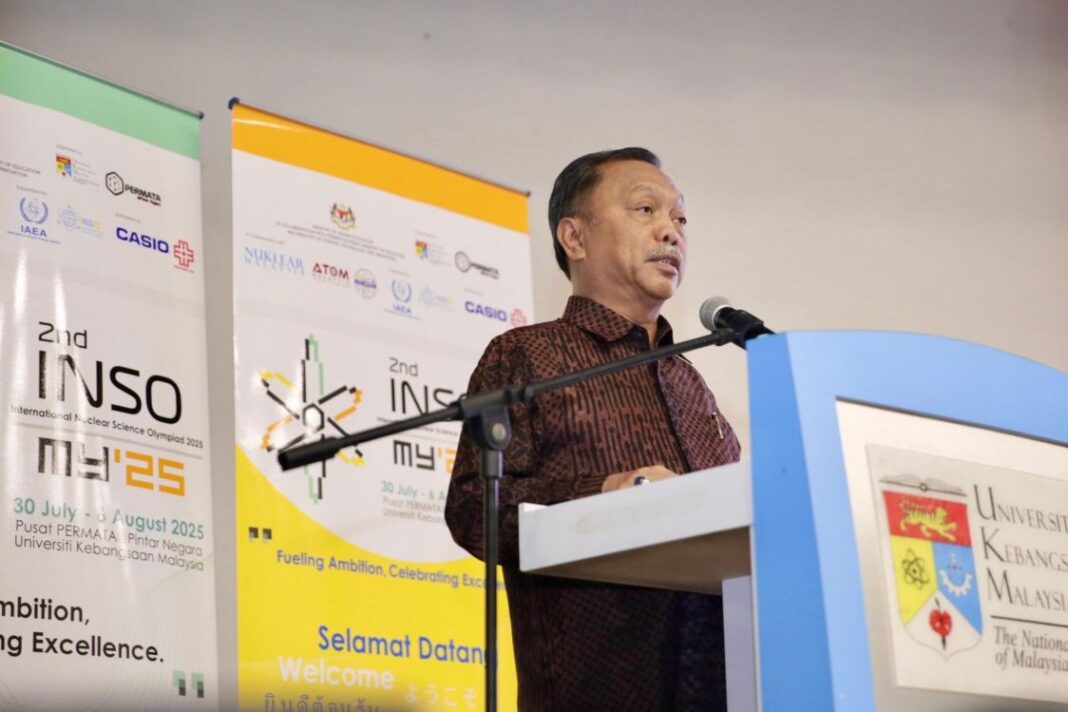A groundbreaking environmental initiative has emerged in Malaysia as royal patronage meets innovative Islamic finance to tackle one of Southeast Asia’s most pressing conservation challenges. The historic launch of an environmental sustainability waqf program marks the first time Islamic endowment principles have been systematically applied to marine conservation in the country, creating a sustainable funding model that could reshape how conservation efforts are financed across the region.
Sultan of Terengganu Launches Malaysia’s First Environmental Sustainability Waqf for Turtle Conservation
His Royal Highness the Sultan of Terengganu, Al-Wathiqu Billah Sultan Mizan Zainal Abidin Ibni Almarhum Sultan Mahmud Al-Muktafi Billah Shah, graciously officiated the launching ceremony of the Environmental Sustainability Waqf: Terengganu Turtle Conservation and RHB Sukuk Dana Hafeez on August 4, 2025. The prestigious event, held at The Westin Hotel in Kuala Lumpur, witnessed the signing of a strategic Memorandum of Agreement between Universiti Malaysia Terengganu (UMT) and RHB Islamic Bank Berhad.
A Revolutionary Partnership Model for Marine Conservation
This landmark collaboration represents the first waqf model in Malaysia specifically designed for marine life conservation, particularly focusing on endangered turtle species. Moreover, the initiative demonstrates how traditional Islamic financial instruments can be creatively adapted to address contemporary environmental challenges.
The partnership leverages UMT’s position as Malaysia’s leading marine research institution, particularly through its internationally recognised Sea Turtle Research Unit (SEATRU) and the world-renowned Chagar Hutang Turtle Research Station on Redang Island. This facility has attracted researchers and volunteers from across the globe, establishing itself as a crucial hub for marine biodiversity research and conservation efforts.
Academic Excellence Meets Conservation Impact
UMT Vice-Chancellor Prof. Ir. Ts. Dr. Mohd Zamri Ibrahim emphasized the university’s unique capability in transforming knowledge and research into practical conservation tools. He highlighted how this collaboration strengthens waqf practices within sustainable development frameworks based on Islamic economic principles.
“This programme not only directly impacts the sustainability of marine ecosystems but also serves as an educational and awareness-raising instrument for youth and the community,” Prof. Mohd Zamri noted during the ceremony.
Unlike traditional conservation funding models, this innovative approach ensures the continuity of research and conservation activities while providing the public with structured opportunities to contribute to biodiversity preservation through systematic waqf mechanisms.
Islamic Finance Pioneering Environmental Solutions
The initiative represents a significant evolution in how Islamic financial institutions approach environmental responsibility. Dato’ Adissadikin Ali, Managing Director of RHB Islamic, described the program as a novel approach to expanding the Islamic financial sector’s role in supporting conservation and environmental sustainability efforts.
The RHB Sukuk Dana Hafeez operates on a unique principle where returns from the Shariah-compliant fund are entirely channelled to the UMT Education and Welfare Waqf Fund. This creates a perpetual funding stream specifically dedicated to supporting turtle conservation through the environmental sustainability waqf program.
Aligning with Global Sustainability Goals
Furthermore, this comprehensive approach demonstrates how diverse sectors—monarchy, higher education, and financial institutions—can collaborate effectively to achieve the United Nations Sustainable Development Goals, particularly SDG 14: Life Below Water. The synergy between these key stakeholders illustrates a holistic methodology toward marine conservation that could serve as a model for other nations.
Long-term Vision for Marine Heritage Preservation
As Malaysia’s premier institution for marine and aquatic resource studies, UMT has committed to strengthening its conservation efforts through multiple channels. The university plans to expand community education programmes, conduct high-impact research initiatives, and implement data-driven conservation projects that ensure the preservation of Malaysia’s marine heritage for future generations.
On the flip side, this waqf model addresses the chronic funding challenges that have historically limited the scope and sustainability of conservation efforts. By creating a self-sustaining financial mechanism rooted in Islamic principles, the initiative offers a replicable framework for other conservation projects across the Muslim world.
Conclusion: A Blueprint for Sustainable Conservation Funding
The Environmental Sustainability Waqf: Terengganu Turtle Conservation represents more than just another conservation initiative—it embodies a transformative approach to environmental stewardship that harmonises religious principles with scientific rigor. This pioneering model demonstrates how traditional Islamic financial instruments can be innovatively applied to address modern environmental challenges, creating sustainable funding mechanisms that ensure long-term conservation success.
As this groundbreaking program begins its implementation, it invites other institutions and nations to consider how faith-based financial systems can contribute meaningfully to global conservation efforts. The success of this initiative could well establish a new paradigm for environmental sustainability funding across Southeast Asia and beyond.





